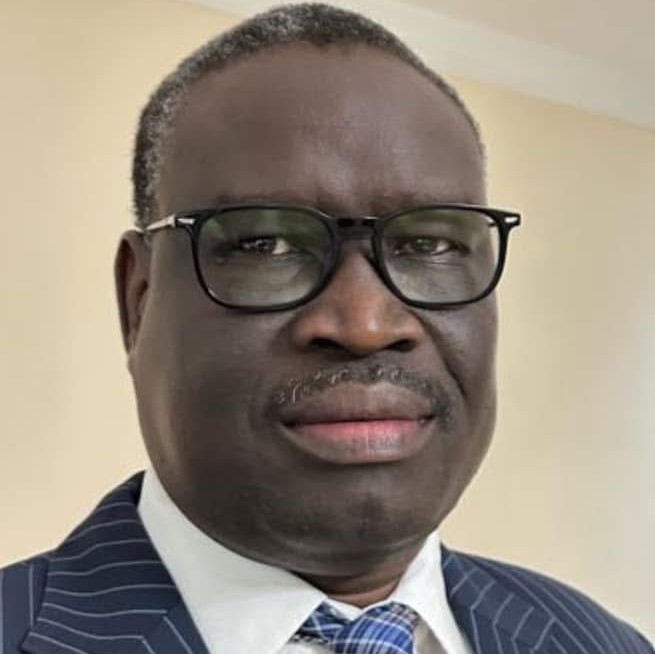South Sudan is not only struggling with failed politics—it is trapped in a deeper crisis of perception, memory, and denial. Our national dysfunction is not simply about power or leadership—it is psychological. We live inside a fragile theater of illusions, where imagined progress replaces real change, and where the performance of governance has taken the place of the hard labor of building a state.
We speak of peace, elections, and nation-building—but these have become ritualistic words, repeated to comfort ourselves rather than to reflect the truth. Illusions have become our coping mechanism: illusions that institutions are functioning; illusions that leaders act in the public interest; illusions that things are improving. Yet behind the surface, the structure is hollow.
In reality, power in South Sudan is rarely exercised with vision or responsibility. Leaders rise and fall not through systems of accountability or popular will, but through gossip, internal sabotage, and factional betrayal. A single rumor can destroy a career. A whisper in the right ear can determine the fate of entire regions. Political survival is managed more in private circles than in public institutions.
Even within the opposition and armed groups, the crisis is rarely ideological. Movements splinter not because of vision, but because of emotional breakdowns—rivalries, jealousy, broken trust, even romantic betrayals disguised as political disagreements. Our wars are often not about power-sharing but emotion-sharing. And in this distorted psychology of power, personal pain is too easily converted into national conflict.
What’s worse is how private grievances now dominate public discourse. Individuals transform their personal frustrations—rejection, isolation, wounded pride—into national narratives. Victimhood becomes a tactic. Revenge is clothed in the language of justice. The line between personal therapy and public politics is dangerously blurred.
And while these dramas unfold, the people—ordinary South Sudanese—carry the burden of this unreconciled psychology. They wait for salaries that never come. They live under the weight of tribal divisions weaponized by politicians. They bury their children while their leaders host peace conferences that yield no peace. They are not just materially poor—they are emotionally exhausted by a system that refuses to grow up.
Hope still lives, but it is growing tired. And hope built on illusion is a fragile thing.
South Sudan does not need another symbolic agreement or elite reshuffle. It needs a national reckoning—not just with our institutions, but with our mindset. We must rupture this pattern of self-deception and face our political condition honestly—not to despair, but to rebuild from what is real.
This is not just a political transition we need—it is a psychological one. We must unlearn the habits that keep us trapped, break the cycles of blame and emotional manipulation, and reclaim the nation from the illusions that have numbed it.
Only then can South Sudan become a republic that is not just imagined in speeches—but lived in dignity, justice, and truth.
The writer, Samuel Peter Oyay, is a South Sudanese political activist, strategist, and commentator with over two decades of experience in governance and management. He can be reached via samualjago@yahoo.com
The views expressed in ‘opinion’ articles published by Radio Tamazuj are solely those of the writer. The veracity of any claims made is the responsibility of the author, not Radio Tamazuj.




